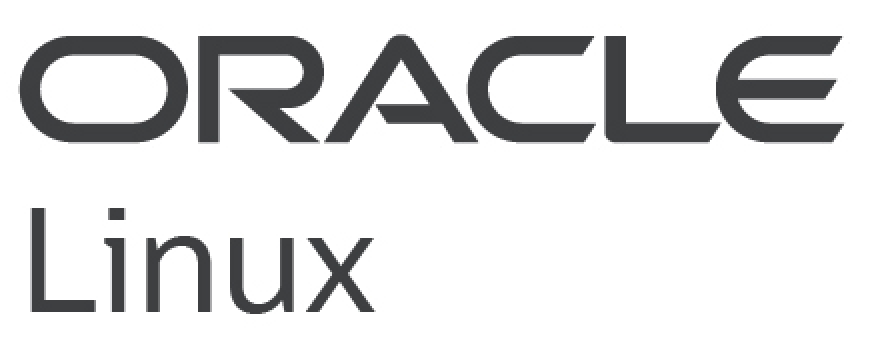
Oracle is pleased to announce the general availability of Oracle Linux 7 Update 7. Individual RPM packages are available on the Unbreakable Linux Network (ULN) and the Oracle Linux yum server. ISO installation images will soon be available for download from the Oracle Software Delivery Cloud and Docker images will soon be available via Oracle Container Registry and Docker Hub.
Oracle Linux 7 Update 7 ships with the following kernel packages, that include bug fixes, security fixes and enhancements:
- Unbreakable Enterprise Kernel (UEK) Release 5 (kernel-uek-4.14.35-1902.3.2.el7) for x86-64 and aarch64
- Red Hat Compatible Kernel (RHCK) (kernel-3.10.0-1062.el7) for x86-64 only
Notable new features for all architectures
- NetworkManager
- NetworkManager enables you to configure virtual LAN (VLAN) filtering on bridge interfaces, and define VLANs directly on bridge ports. NetworkManager also adds the capability to configure policy routing rules by using the GUI.
- Security
- Package Updates for Network Security Services (NSS), scap-security-guide and shadow-utils.
- SCAP Security Guide support for Universal Base Image (UBI) containers and images. UBI containers and images can now be scanned against any profile that is shipped in the SCAP Security Guide. Rules that are inapplicable to UBI images and containers are automatically skipped.
Important changes introduced in this release
- btrfs: Starting with Oracle Linux 7 Update 4, btrfs is deprecated in RHCK. Note that BTRFS is fully supported with UEK R4 and UEK R5.
- MySQL Community Packages: Starting with Oracle Linux 7 Update 5, the MySQL Community Packages are no longer included on the Oracle Linux 7 ISO. These packages are available for download from the Oracle Linux yum server and ULN.
Notable features available as a technology preview in RHCK
- Systemd
- Importd features for container image imports and exports
- File Systems
- Block and object storage layouts for parallel NFS (pNFS)
- DAX (Direct Access) for direct persistent memory mapping from an application for the ext4 and XFS file systems
- OverlayFS remains in technical preview
- Kernel
- Heterogeneous memory management (HMM)
- No-IOMMU mode virtual I/O feature
- Networking
- Cisco VIC InfiniBand kernel driver and Cisco libusnic_verbs driver for Cisco User Space Network
- Single-Root I/O virtualization (SR-IOV) in the qlcnic driver
- Cisco proprietary User Space Network Interface Controller in UCM servers provided in the libusnic_verbs driver
- Trusted Network Connect
- Storage
- Multi-queue I/O scheduling for SCSI (disabled by default)
- Plug-in for the libStorageMgmt API used for storage array management
For more details about these and other new features and changes, please consult the Oracle Linux 7 Update 7 Release Notes for x86-64 and aarch64 platforms.
Oracle Linux can be downloaded, used, and distributed free of charge and all updates and errata are freely available. Customers decide which of their systems require a support subscription. This makes Oracle Linux an ideal choice for development, testing, and production systems. The customer decides which support coverage is best for each individual system while keeping all systems up to date and secure.
Customers with Oracle Linux Premier Support also receive support for additional Linux programs, including Gluster Storage, Oracle Linux Software Collections, and zero-downtime kernel updates using Oracle Ksplice.
Application Compatibility
Oracle Linux maintains user space compatibility with Red Hat Enterprise Linux (RHEL), which is independent of the kernel version that underlies the operating system. Existing applications in user space will continue to run unmodified on Oracle Linux 7 Update 7 with UEK Release 5 and no re-certifications are needed for applications already certified with Red Hat Enterprise Linux 7 or Oracle Linux 7.
For more information about Oracle Linux, please visit www.oracle.com/linux.
Oracle Linux Resources:
Documentation
Software Download
Blogs
Community Pages
Social Media
Data Sheets, White Papers, Videos, Training, Support & more
Product Training and Education
For community-based support, please visit the Oracle Linux space on the Oracle Developer Community.
